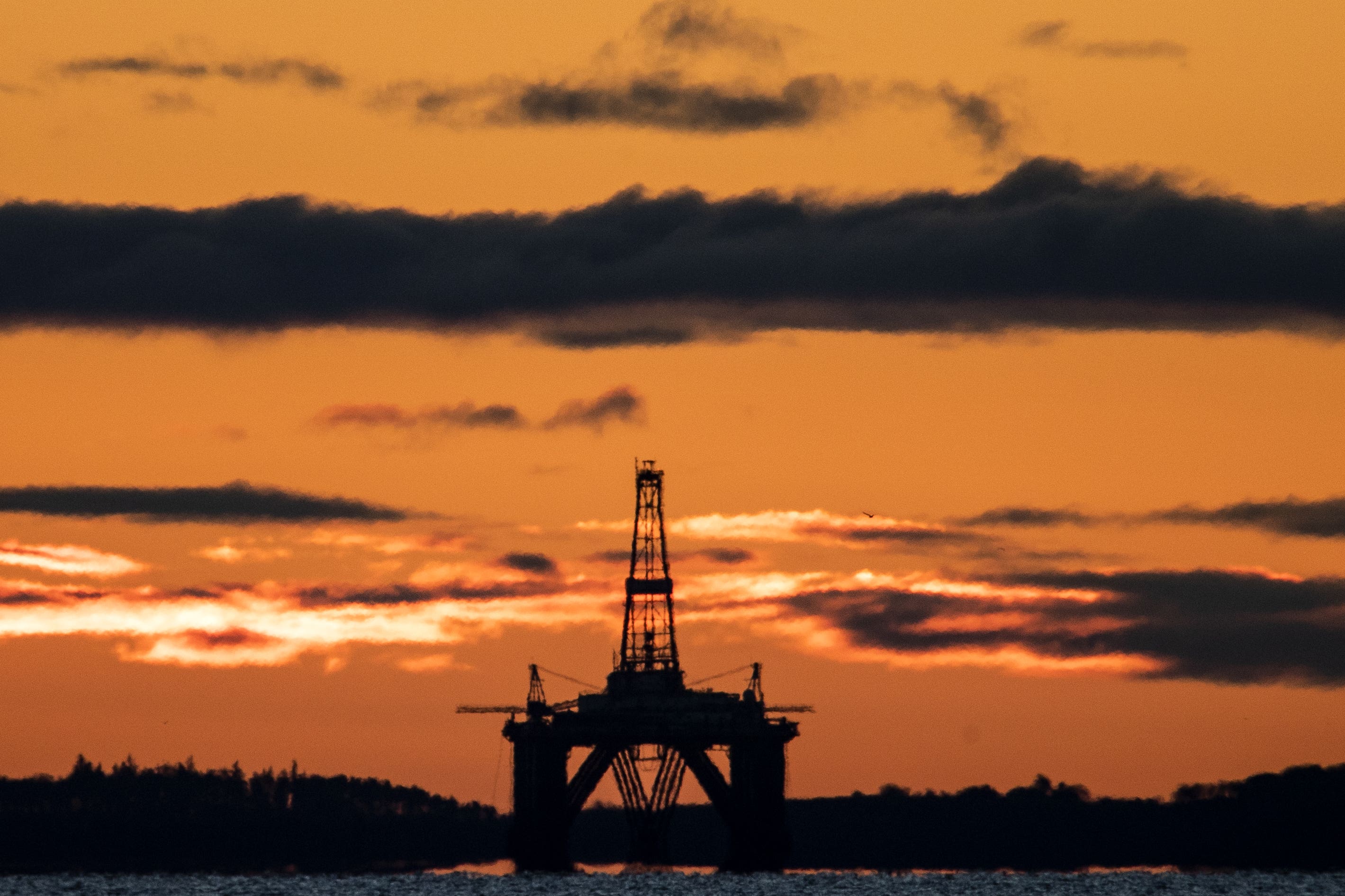Consent granted for Rosebank oil field
Environmental campaigners have opposed the plans.

The Rosebank oil field has been granted development and production consent by the North Sea Transition Authority (NSTA).
The NSTA said consent has been given by the oil and gas regulator to owners Equinor and Ithaca Energy, following the acceptance of the Environmental Statement.
Environmental campaigners including Greta Thunberg had voiced strong opposition to the development.
The Rosebank field, which lies north-west of Shetland and contains up to 350 million barrels of oil, is currently one of the largest untapped discoveries in UK waters.
An NSTA spokesperson said: “We have today approved the Rosebank Field Development Plan which allows the owners to proceed with their project.
“The FDP is awarded in accordance with our published guidance and taking net zero considerations into account throughout the project’s lifecycle.”
Rosebank could produce 69,000 barrels of oil per day, about 8% of the UK’s projected daily output between 2026 and 2030, and could also produce 44 million cubic feet of gas every day, according to Equinor.
The UK Government welcomed the decision and said it has been subject to extensive scrutiny by the regulators, including undergoing a detailed environmental impact assessment process and a period of public consultation before approval was granted.
It said that all new projects, including Rosebank, will be in line with the natural decline of the North Sea basin.
Energy Security Secretary Claire Coutinho said: “We are investing in our world-leading renewable energy but, as the independent Climate Change Committee recognise, we will need oil and gas as part of that mix on the path to net zero and so it makes sense to use our own supplies from North Sea fields such as Rosebank.
“The jobs and billions of pounds this is worth to our economy will enable us to have greater energy independence, making us more secure against tyrants like (Vladimir) Putin.
“We will continue to back the UK’s oil and gas industry to underpin our energy security, grow our economy and help us deliver the transition to cheaper, cleaner energy.”
Environmental campaigners hit out at the decision.
Greenpeace UK climate campaigner Philip Evans said: “Rishi Sunak has proven once and for all that he puts the profits of oil companies above everyday people.
We know that relying on fossil fuels is terrible for our energy security, the cost of living, and the climate. Our sky-high bills and recent extreme weather have shown us that.
“The ugly truth is that Sunak is pandering to vested interests, demonstrating the stranglehold the fossil fuel lobby has on Government decision making. And it’s bill payers and the climate that will suffer because of it.
“Why else would he make such a reckless decision?”
The companies behind the Rosebank oil field, Ithaca Energy and Equinor, said they had taken their final investment decision to invest 3.8 billion dollars (£3.1 billion) in the project.
Bookmark popover
Removed from bookmarks